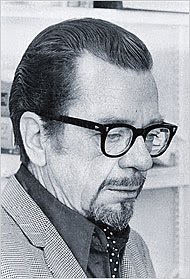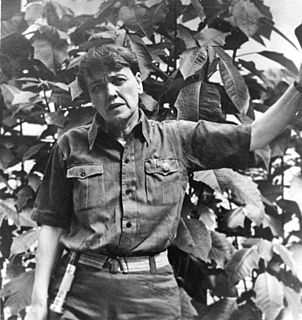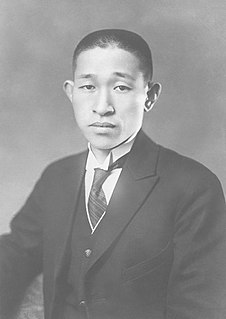A Quote by John Edward Williams
In his forty-third year William Stoner learned what others, much younger, had learned before him: that the person one loves at first is not the person one loves at last, and that love is not an end but a process through which one person attempts to know another.
Related Quotes
The love of a wife to her husband may begin from the supply of her necessities, but afterwards she may also love his person: so the soul first loves Christ for salvation, but when it is brought to him, and finds what sweetness there is in him, then the soul loves him for himself, and esteems his person, as well as rejoices in his benefits.
No one can become fully aware of the very essence of another human being until he loves him. By his love he is enabled to see the essential traits and features in the beloved person; and even more, he sees that which is potential in him, which is not yet actualized. Furthermore, by his love, the loving person enables the beloved person to actualize these potentialities. By making him aware of what he can be and what he should become, he makes these potentialities come true.
We know that every person who is loved feels transformed, unfolded, and he unfolds everything, the most intimate as well as the most familiar, to the one who loves him as well as to himself.... The person one loves is as ungraspable as the universe, as God's infinite space, he is boundless, full of possibilities, full of secrets.
When a jealous person sees signs of other people's success and good fortune, his heart is pierced with envy. But someone who has learned to rejoice in the good fortune of others experiences only happiness. Seeing another person's beautiful house or attractive partner immediately makes him happy - the fact that they are not his own is irrelevant.
What comes to a person in his or her life, however difficult it may be, perhaps will help a person move closer to God. The response to tribulation is abr, which is patience, perseverance, steadfastness, and resolve. All?h loves the patient; part of the reason the tribulation comes is to draw the quality of patience out of them - He loves this quality.



































